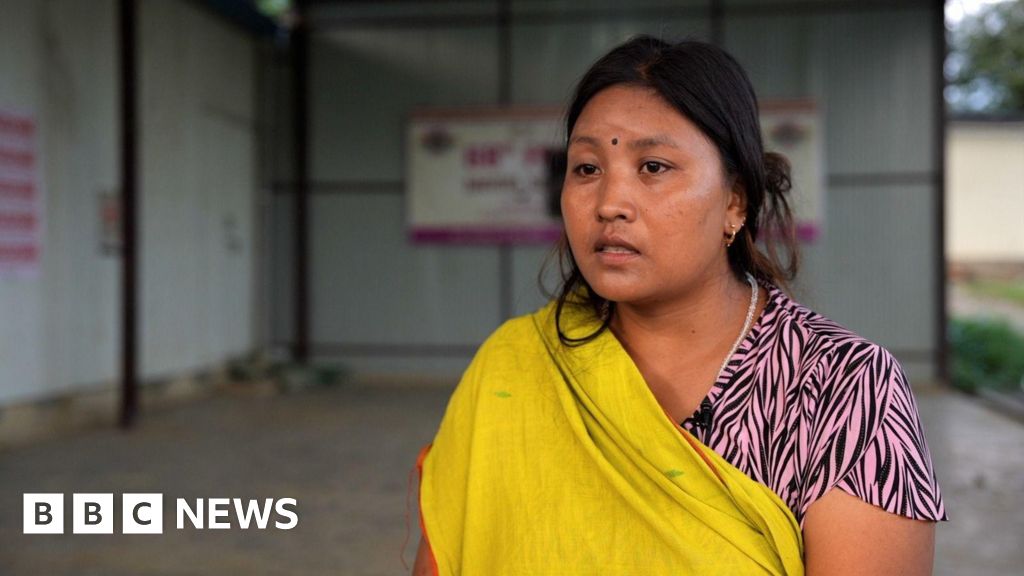The Moroccan government on Sunday pledged improvements to healthcare and education in response to a wave of youth-led protests that took authorities by surprise, state media reported.
It announced a set of measures aimed at encouraging young people to engage in politics and committed to broad social reforms, the state news agency MAP said.
The 2026 draft finance bill would strengthen social services – including public education and healthcare – two key sectors that demonstrators have urged the government to reform.
Read moreHow the ‘One Piece’ manga has become a global symbol of Gen Z revolt
Another draft bill seeks to boost civic participation by inviting “people younger than 35 to enter politics”, according to MAP. It would ease eligibility rules for young candidates and offer financial incentives covering up to 75 percent of campaign expenses.
A separate proposal aims to enhance the role of political parties, improve transparency, and help more women and young people join or establish them, MAP added.
The Gen Z protests took the usually stable kingdom by surprise late last month, following the deaths of eight pregnant women at a hospital in the southern city of Agadir.
The online-based movement, calling itself “Gen Z 212”, later broadened its demands to include ending corruption and changing the current government.
Read moreShortages, sanitation issues and corruption: Morocco’s public hospitals at a breaking point
The government said it would prioritise social spending next year – with nearly $13 million allocated to health and education – and create more than 27,000 jobs in those sectors, MAP reported.
Social inequalities remain a major challenge in Morocco, where deep regional disparities persist alongside a wide gap between the public and private sectors.
Official figures show that lack of education is a key driver of poverty, which has nevertheless fallen from nearly 12 percent of the population in 2014 to 6.8 percent in 2024.
(FRANCE 24 with AFP)










 English (US) ·
English (US) ·